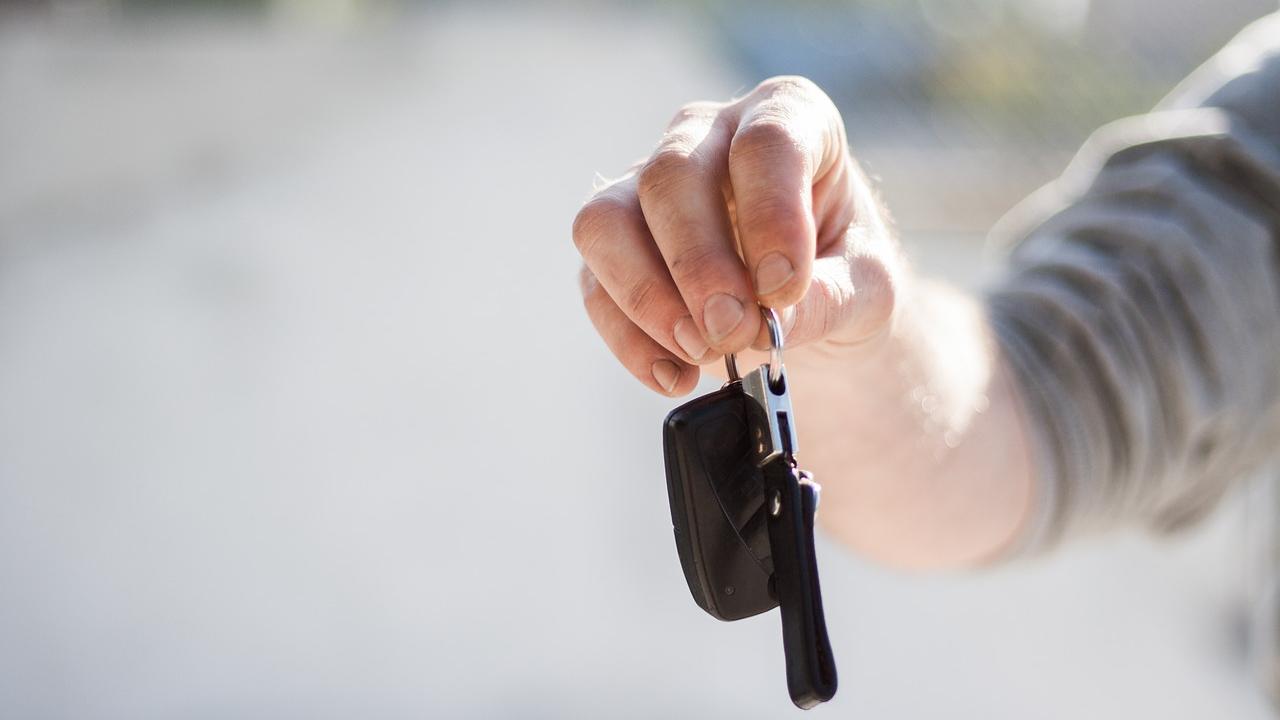Data from the BVRLA’s Q4 2019 Quarterly Leasing Survey shows that the rise in battery electric vehicle (BEV) registrations has helped take average new lease car emissions down to 113g/km CO2 at the end of 2019, the lowest level since Q3 2018.
BEVs were responsible for more than four per cent of new lease car registrations, a 750% growth in market share compared to the same period in 2018. As the BEV share of the new lease car market grew, it counteracted the inflationary impact of the new WLTP emissions standard, which had increased most petrol and diesel emissions by 10-20%.
The salary sacrifice sector has the most BEV registrations, responsible for 24% of new car additions in Q4 2019. During the same period BEVs made up just over 6% of new business contract hire cars.
At 113g/km CO2, the average lease car registered at the end of 2019 had emissions 10% lower than the average newly registered car.
The survey also found that the BVRLA lease car fleet declined by nearly 3% year on year, with a 7.3% increase in consumer contracts failing to offset a 5.4% fall in business leasing. The lease van fleet rose by just over 1% in the same period.
68% of the current BVRLA car lease fleet has a maintenance contract, but just 55% of cars registered in Q4 2019 came with maintenance included.
The used vehicle leasing market is growing, responsible for 2.5% of the total car fleet and 1.4% of the total van fleet.
“The Q4 survey was the last conducted before the impacts of Brexit, the March 2020 Budget, the April 2020 tax changes and the COVID-19 pandemic,” said BVRLA Chief Executive, Gerry Keaney.
“It will be fascinating to see the effect that these huge external factors will have on the shape of the leasing market and the speed of transition to zero emission road transport. Our new, improved survey means that we can give members a clearer picture than ever before.”


